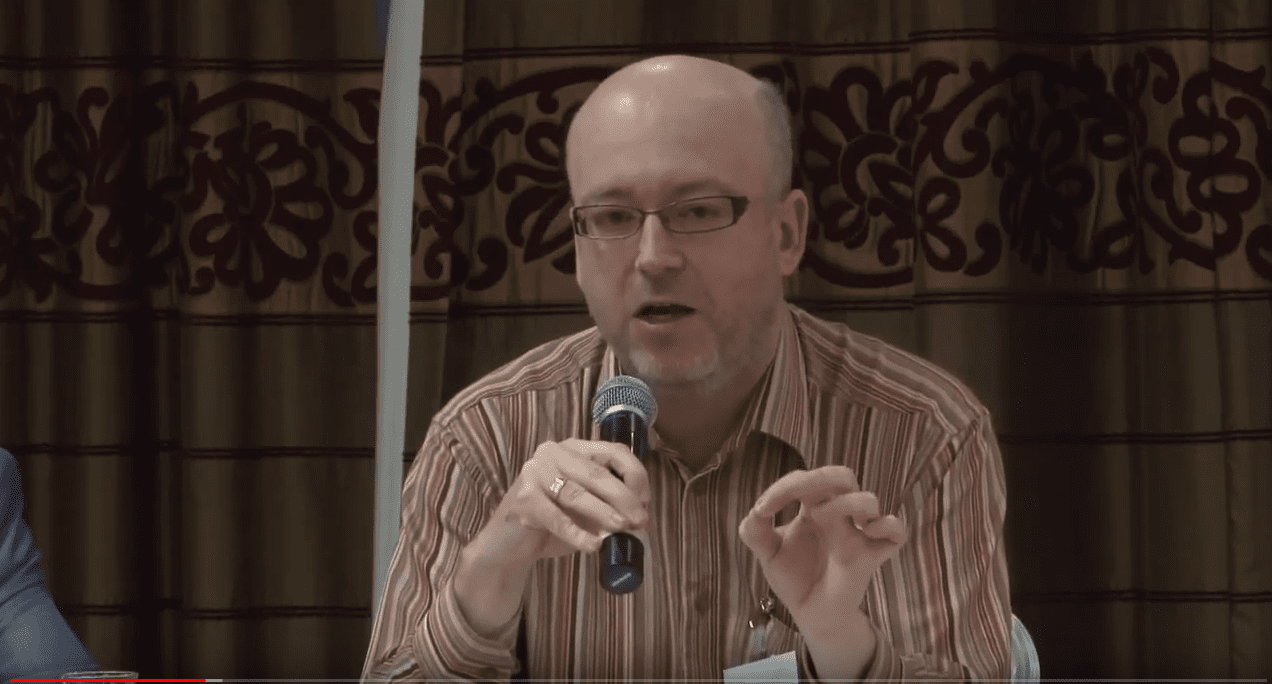Taking economic, social and cultural (ESC) rights work to the next level
Iain Byrne
Deputy Programme Director and Head of ESCR Team
Amnesty International
Fellow, Human Rights Centre, Essex University
Twitter: @iainbyrn
We keep hearing the same narrative – human rights are at a crossroads; the human rights system is facing its greatest existential crisis since it was established; is a human rights approach really the answer to unprecedented global challenges such as extreme poverty and growing inequality, the climate crisis, rising intolerance and governments with an openly anti-human rights agenda? Whilst a long view of history might suggest that some of these statements are overblown, – was human rights protection and enjoyment really any better in the 50s, 60s and 70s? – those of us working in the human rights field must accept that it is not business as usual.
One of the common talking points around economic, social and cultural (ESC) rights both inside and outside Amnesty International is that the work on these rights has the potential to tackle the root causes of some of the biggest current challenges. By demanding that governments focus their efforts and resources to fulfil their obligation to ensure minimum essential levels of each of the ESC rights for all, we can also shift attitudes with respect to rights more broadly.
Surely it makes sense that those rights that everybody is concerned about at multiple points in their life – health; housing; work; education – will resonate more? This could result in Amnesty being able to reach out to larger groups of people both in the global north and south. However, where can Amnesty make the most valuable contribution to advancing such rights?
Despite some continuing to mischaracterise our ESCR work as a radical new departure from our core mandate we have a solid track record of over 15 years of work in this field. We have achieved tangible impact in areas such as housing and forced evictions, segregated education, sexual and reproductive health and labour abuses against both state and non-state actors. Above all we have supported many victims of human rights violations to claim their rights. More recently we have worked on austerity measures and their impact on human rights and dipped our toe into tax justice. However, it is true that we have tended to be cautious when it comes to talking about economics and fiscal policy due to an aversion to being seen to favour one economic model over another thereby undermining our need to remain impartial.
Yet neutrality can risk being seen as vanilla or even implicitly supporting the status quo. More fundamentally, avoiding looking at economics and fiscal policies prevents us from examining the allocation and prioritisation of resources which are so critical for the realisation of ESC rights. Critics such as the UN Special Rapporteur on Extreme Poverty Philip Alston, have said that the human rights community including key players such as Amnesty need to be more assertive on addressing the root causes of the human rights violations we document. From unfair trade deals to systemic tax evasion and aggressive tax avoidance, increasing privatization of essential goods and services to unsustainable levels of debt fuelling austerity – there is no shortage of wrongs to work on. And then there is the climate crisis which is now widely acknowledged as the greatest existential threat to rights of this and future generations. Many of these issues are exacerbated by states unable or unwilling to take on vested interests and to work together to address multi- jurisdictional problems such as lax tax regimes. Indeed, the retreating state is one of the key trends of our time questioning the whole post world war II model of affordable public services for all based on equality and social cohesion.
So still plenty to do but how to go about it? Whether producing major research reports, smaller briefings, campaign actions or even social media content, we need to be credible. That means tapping into other disciplines and expertise – economists, social scientists, statisticians – much as we have done with other areas of work such as forensic medicine. It means developing, if not fully elaborated policies on these issues, then at least thoughtful analysis. It means being less risk adverse but also testing arguments not just internally but with partners and other stakeholders. And, yes, it means additional resources throughout the movement if we are to invest seriously in elevating ESCR to another level.
Amnesty can play a significant role in contributing to shifting the narrative that economics has nothing to do with human rights and that, in turn, human rights is increasingly irrelevant in delivering social justice and a better life for the millions who continue to be routinely denied their ESC rights.
All of us at Amnesty are also aware that there are many organisations and individuals who have worked in this field for longer than us and therefore the need to recognise and be respectful of their expertise and contributions to date. In taking on these new areas of activity we must therefore seek to work in partnerships. One of the key roles we can play is through contributing to standard setting and strategic litigation since the links between economics and fiscal policies and human rights do require further elaboration.
The global strategy process gives everybody interested in advancing our ESCR work to contribute their ideas, energy and passion. We know from many discussions with colleagues that there is a strong appetite to not only do more ESCR work but to take it in a new exciting direction.
